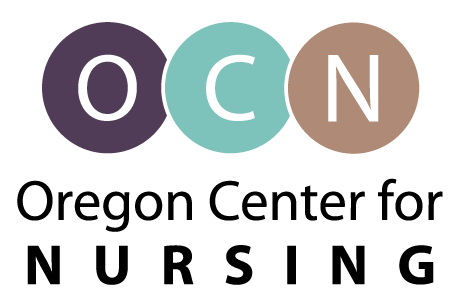Work systems designed around relational coordination (communicating and relating for the purpose of task integration) not only increase efficiencies but have been known to improve the well-being of nurses in all practice environments. (1)
Steps that can be taken to drive positive results are:
- Improve the quality of communication and relationships among staff. (1,2)
- Create synergy and remove redundancies in shared technologies. (1)
- Establish shared goals. (1)
- Promote education and collaboration for better role understanding. (1,2)
- Integrate value and respect into the cultural norm. (1,2)
- Encourage interprofessional teamwork, collaboration, and professionalism (1,2,3)
References:
- Havens, D. S., Gittell, J. H., & Vasey, J. (2018, March). Impact of Relational Coordination on Nurse Job Satisfaction, Work Engagement and Burnout. JONA: The Journal of Nursing Administration, 48(3), 132–140. https://doi.org/10.1097/nna.0000000000000587
- National Academies of Sciences, Engineering, and Medicine, National Academy of Medicine, & Well-Being, C. O. S. A. T. I. P. C. B. S. C. (2020, January 2). Taking Action Against Clinician Burnout: A Systems Approach to Professional Well-Being (1st ed.). National Academies Press.
- Chang, B. P., & Cato, K. (2020, September). Tackling Burnout With Team Science: Nursing and Physician Collaborations on Improving Psychological Well-Being Among Emergency Clinicians. Journal of Emergency Nursing, 46(5), 557–559. https://doi.org/10.1016/j.jen.2020.05.009
